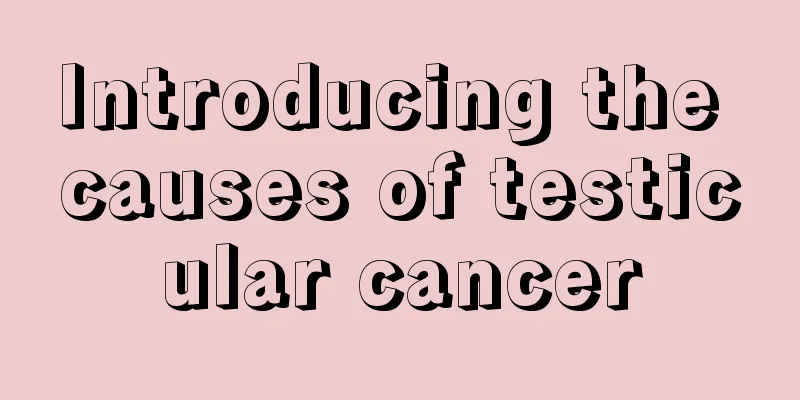The pros and cons of radiotherapy for laryngeal cancer treatment

|
Although the early symptoms of laryngeal cancer are relatively easy to identify, many patients are already in the middle or late stages of the disease when they are treated for laryngeal cancer. Of course, radiotherapy, a common cancer treatment method, cannot be ignored when treating middle or late stage laryngeal cancer . In the past 30 years, there has been a relatively unified understanding of the therapeutic effect of radiotherapy for laryngeal cancer. The efficacy of radiotherapy alone for the treatment of early laryngeal cancer is similar to that of surgical resection and laser treatment for stage 1 lesions, with a 5-year survival rate of 85% to 95%; the radiotherapy control rate for stage 2 lesions is slightly lower, and is still inferior to laser treatment in strict comparison. However, radiotherapy has certain advantages in preserving the patient's voice after treatment. Preoperative radiotherapy for supraglottic laryngeal cancer (stages 1 to 3) can significantly reduce the neck recurrence rate, but long-term side effects such as dry throat after radiotherapy are obvious. When radiotherapy is used as the basic treatment for advanced laryngeal cancer, surgical rescue should be an important part of the treatment plan. Some scholars believe that the survival effect of radiotherapy as the basic treatment is equivalent to that of surgery as the basic treatment, especially for stage 4 patients. Radiotherapy does not help preserve laryngeal function. Intensity-modulated radiotherapy is a major advancement in radiotherapy and has been used in the treatment of head and neck tumors. This method can improve the control rate and significantly reduce toxic reactions. It may become a new highlight in radiotherapy for laryngeal cancer. The above introduction to radiotherapy in the treatment of laryngeal cancer is believed to be helpful to you. As for the treatment of laryngeal cancer, medicine has never stopped improving old methods and researching new methods. For more updated treatment methods for laryngeal cancer, please consult our online experts. |
<<: Rectal cancer is mainly treated through radiotherapy and chemotherapy
>>: Introduction to several very serious complications of nasopharyngeal carcinoma
Recommend
How to remove the sunken acne pits on the face?
The problem of acne bothers many people and has a...
What should I do if I have less hair on the top of my head
Thinning hair is a common problem for many men, e...
Does yellow croaker have many bones?
Yellow croaker is a relatively common type of fis...
What are the laws for preventing and controlling noise pollution
Noise is everywhere in our lives. It is a kind of...
Will osteosarcoma be life-threatening if left untreated for a long time?
If anyone is diagnosed with osteosarcoma, it is d...
What facial cleanser should I use for combination skin
Facial cleanser is a kind of cleansing product th...
How to take care of cervical cancer after surgery? Common care methods after cervical cancer surgery
Cervical cancer is more common among many gynecol...
What is the best medicine for herpes and athlete's foot
If a person does not pay attention to the hygiene...
Causes of knee bone hyperplasia
Knee bone hyperplasia is just a type of bone hype...
What should lung cancer patients pay attention to in terms of diet? Lung cancer patients need to make these adjustments to their diet
After suffering from lung cancer, the patient'...
How to slice beef?
We all know that beef is a more expensive meat th...
Treatment of sequelae of cerebral hemorrhage in the right basal ganglia
I believe that the disease of sequelae of right b...
Throat inflammation
In life, throat inflammation is a very common phy...
What are some tips for making your hair straight and smooth?
Everyone wants their hair to be straighter and sm...
What is the reason for the growth of soft weeping warts
Warts are also known as soft fibromas. They are a...









